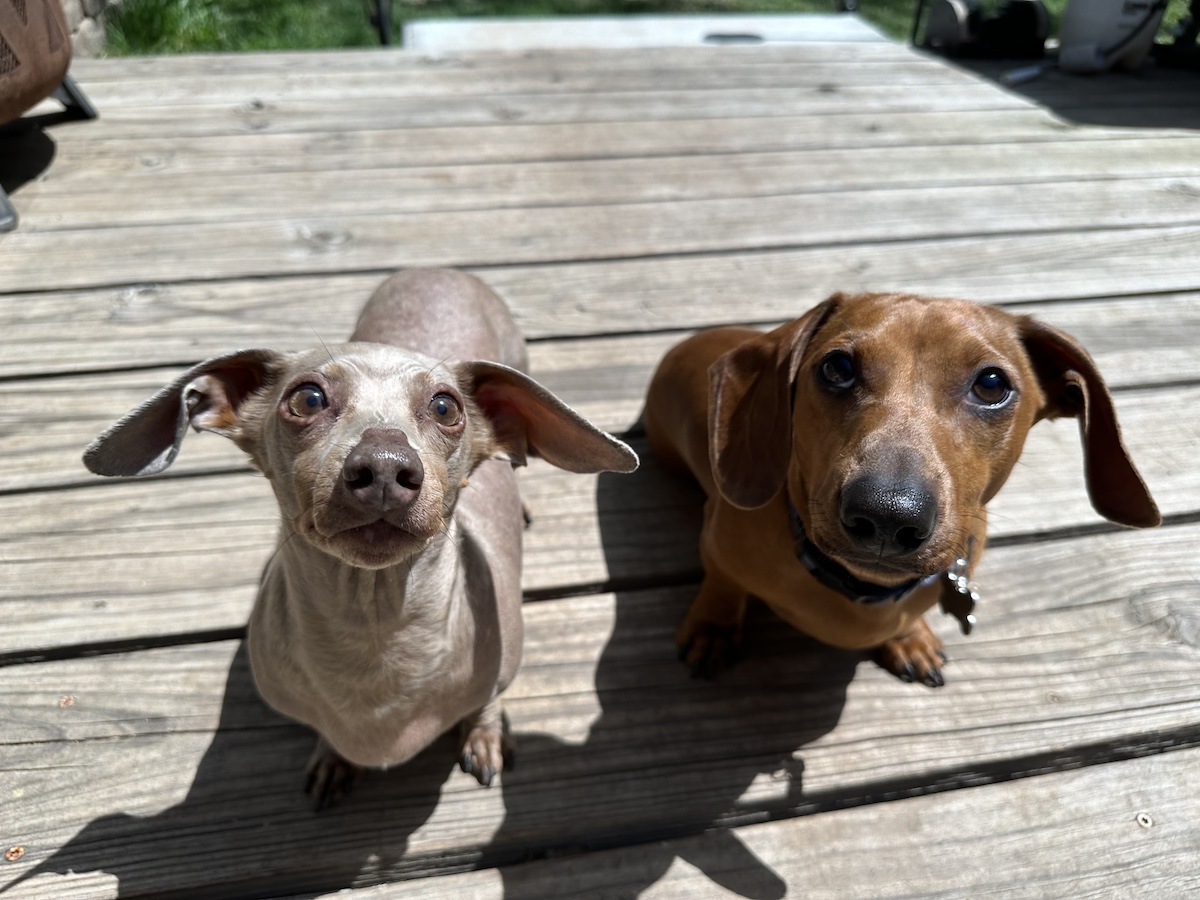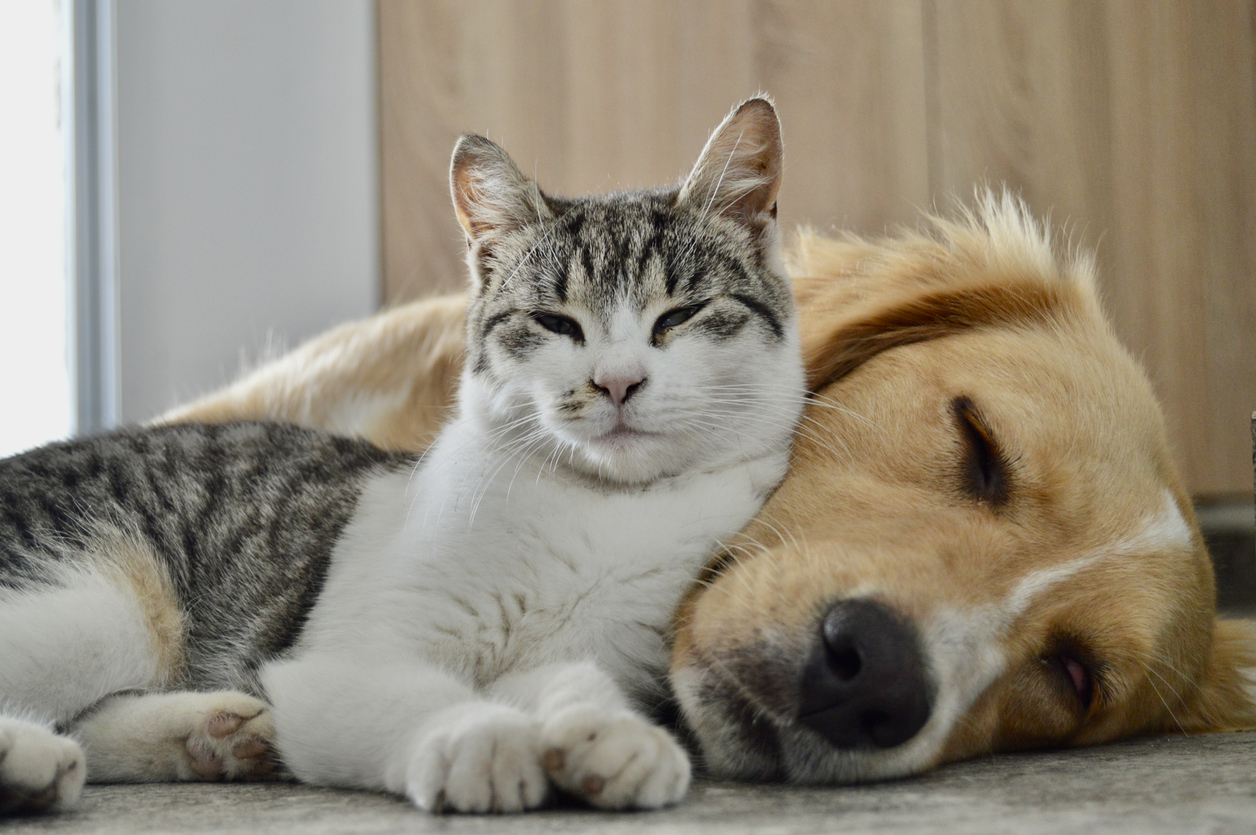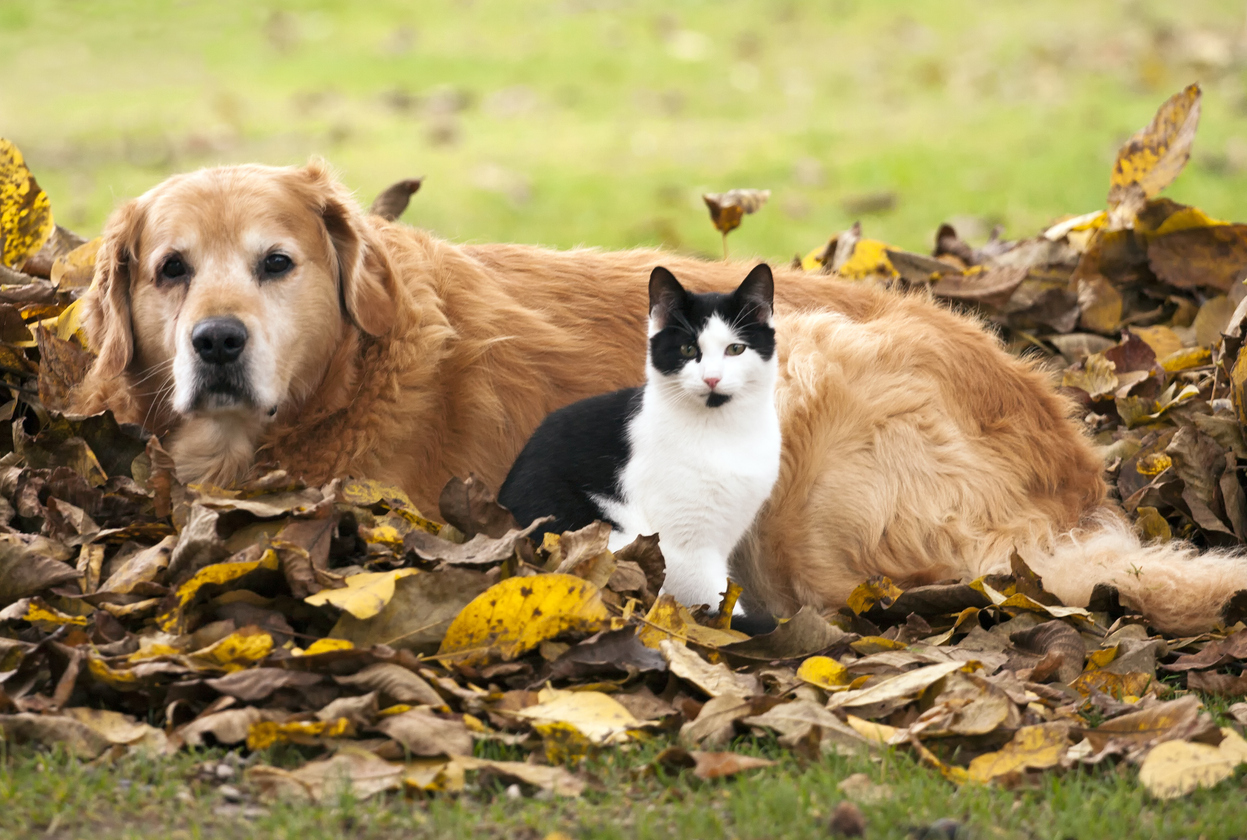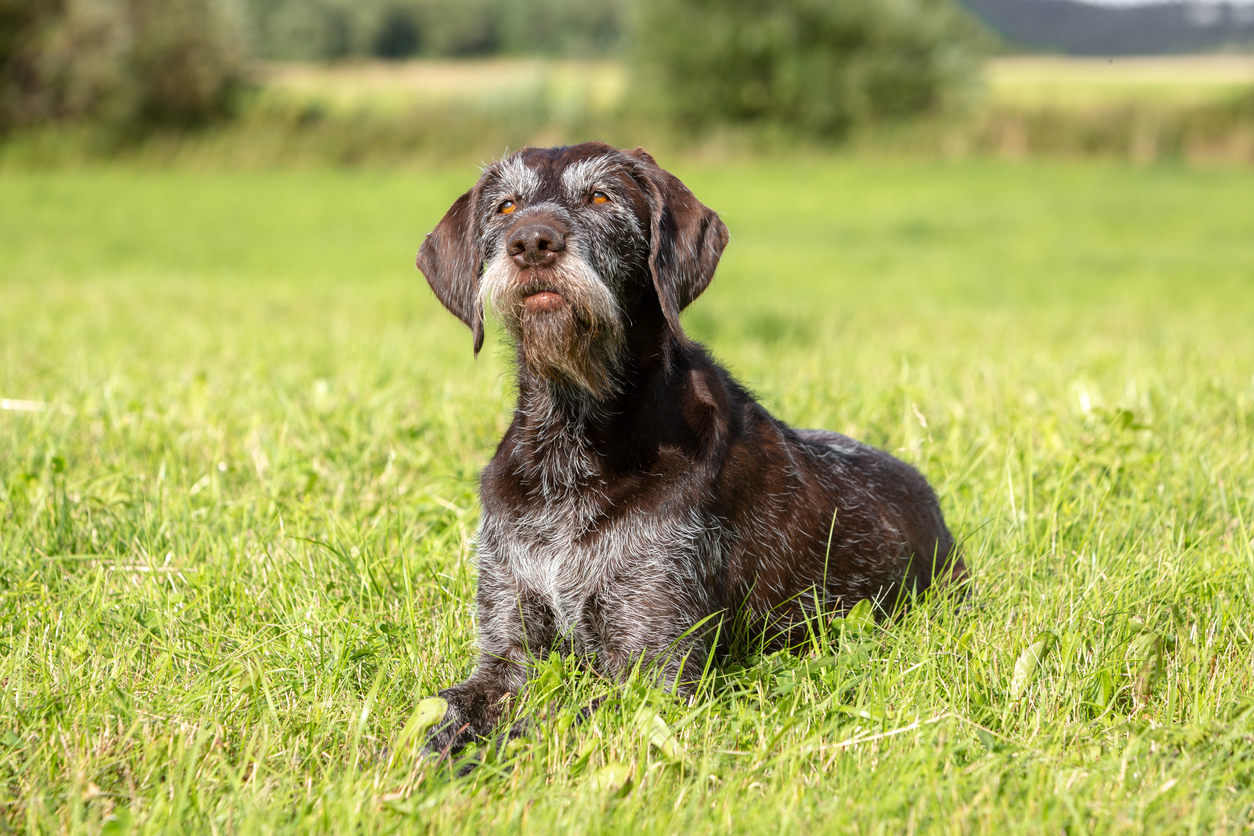Vaccinating your pets or domestic animals is a critical part of keeping them healthy and safe from disease. Whether you have dogs, cats, ferrets, pocket pets like rabbits and guinea pigs, horses, poultry, or livestock, it’s essential to stay informed about the vaccinations they need. August is National Pet Immunizations Awareness Month, dedicated to educating pet and livestock owners on the importance of essential vaccinations for pets. By understanding and following a proper vaccination schedule, you can protect your beloved animals from many preventable diseases.
Reasons to Vaccinate Pets and Farm Animals
Vaccines help your animal’s immune system to fight disease by stimulating their immune system’s production of antibodies. Antibodies identify and destroy disease-causing organisms. Vaccines prevent diseases that can be passed between animals and from animals to people. Diseases prevalent in wildlife, such as rabies and distemper, can infect unvaccinated animals. By vaccinating your pet, you can avoid costly treatments for diseases that vaccines can prevent and save animal’s lives.
New York Public Health Law 2141 requires all cats, dogs, and domestic ferrets by four months of age, to receive a Rabies vaccine. Owners can be fined up to $200 if they fail to get their pets vaccinated and keep them up to date. We booster the first vaccine after one year; afterward, it remains effective for three years, or we can run a vaccine titer to monitor your pet’s level of protection.
Vaccinations for Young Animals
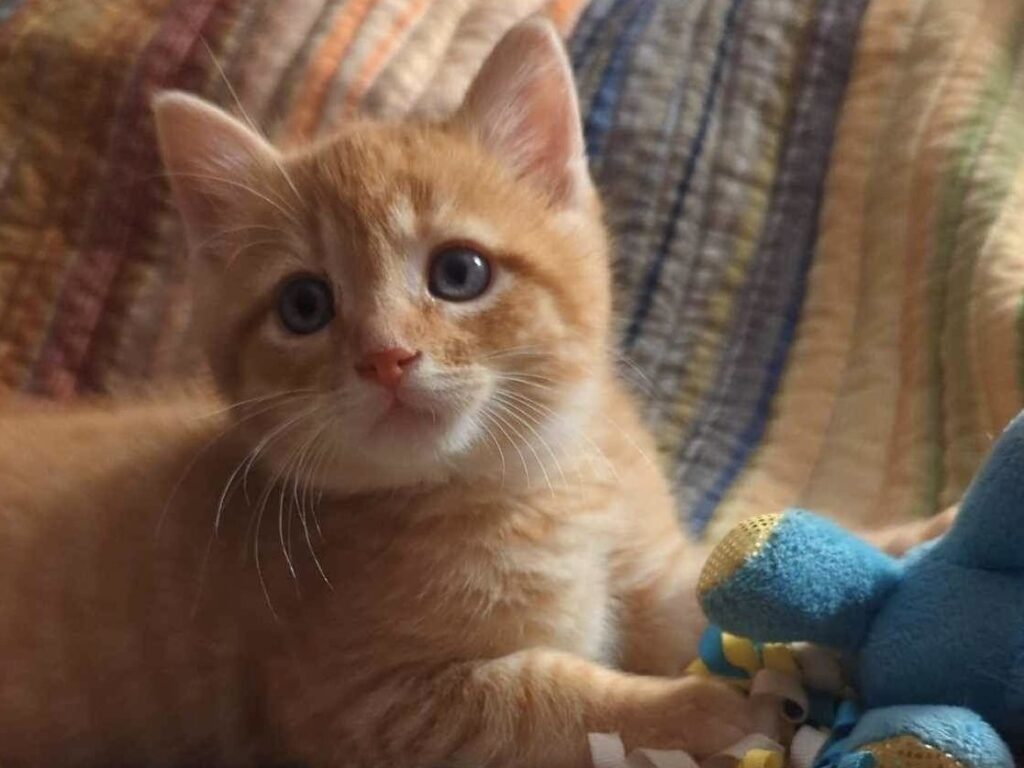
Very young animals are highly susceptible to infectious diseases because their immune system is not yet fully mature. They receive protection through antibodies in their mother’s milk, but this protection is not long-lasting, and there may be gaps as the milk antibodies decrease and their immune system is still maturing. Maternal antibodies can also interfere with a young animal’s vaccine response, so we recommend a series of vaccines to ensure they receive protection as early as possible after maternal antibodies subside.
In many instances, the first dose of a vaccine primes the immune system against the virus or bacteria. Subsequent doses help stimulate the immune system to produce the antibodies needed for long-term protection.
Essential Vaccinations for Pets and Domestic Animals
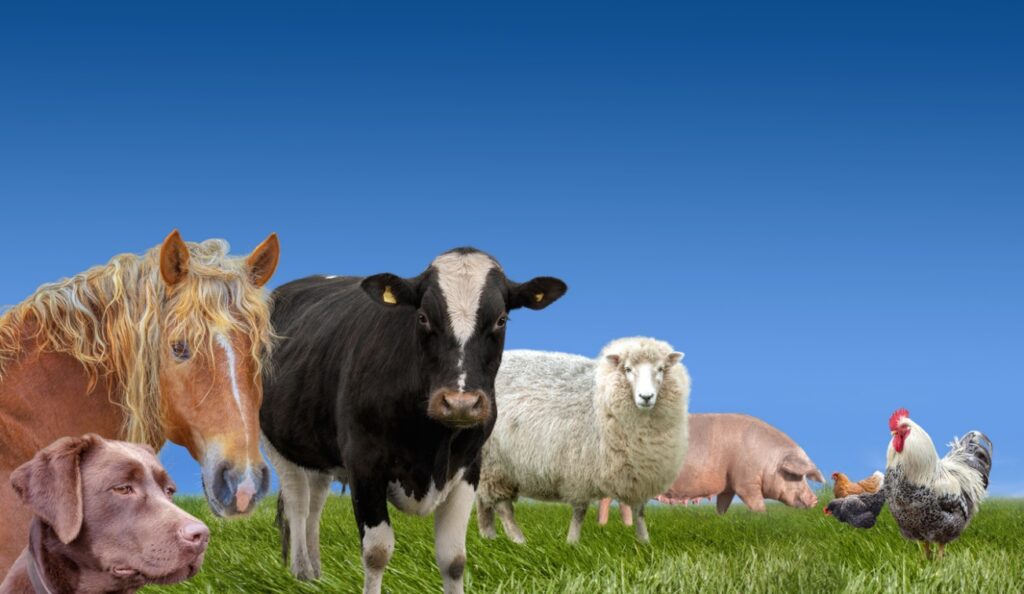
Core Vaccines
Core vaccines are vital to all animals based on exposure risk, disease severity, or transmissibility to humans. We recommend them for most animals in a particular geographical location because they protect them from diseases most common in that area. There are core vaccines that are part of every vaccine plan that all pets should have depending on their species and are part of every vaccination plan. For example, below are core vaccines for cats and dogs:
- Rabies
- Feline panleukopenia (FPV)
- Feline viral rhinotracheitis (FRV)
- Feline calicivirus infection (FCV)
- Canine distemper
- Canine parvovirus infection (CPV)
- Canine infectious hepatitis
Non-core
Non-core vaccinations are for individual animals with unique needs. Dr. Acworth will consider your animal’s risk of various preventable diseases to customize a vaccination program for optimal protection throughout their life. She will ask you questions about your animal’s lifestyle, including any expected travel to other geographical locations or possible contact with other animals, insects or wildlife, since these factors can impact your animal’s risk of exposure to certain diseases. At All Animal Veterinary Services, we work with all types of animals including cows, sheep, goats, pigs, and other farm animals. We will work with you to develop a vaccination plan for any of your animals.
Do Vaccinations Ensure Protection?
For most animals, vaccination will effectively prevent future diseases or decrease a disease’s severity. However, it is crucial to follow the vaccination schedule provided by your All Animal Veterinary Services Veterinarian to reduce the possibility of a gap in protection.
What Are the Risks of Vaccinating My Animals?
Most animals respond well to vaccines, but some may experience adverse reactions. The most common side effects are typically mild and short-term, with severe reactions being rare. For example, an animal can develop swelling at the vaccine site, but also swelling of the face and head that may make it difficult to breathe. They may also have a loss of appetite, or develop vomiting after receiving a vaccination. Improvements in vaccine technology and technique have significantly reduced the occurrence of severe reactions.
Understand that while vaccines have associated risks, you must weigh these against the benefits of protecting your animal. Let us know if you have any concerns about vaccinating your pet or livestock so we can discuss them and help you make an informed decision.
Why Is It Essential to Follow Your Pet’s Vaccination Schedule?
An incomplete series of vaccinations may lead to insufficient protection, making animals vulnerable to infection, especially young animals. We urge pet and livestock owners to follow the vaccination schedule and finish the series.
If you miss a vaccine scheduled for your pet, contact All Animal Veterinary Services to discuss the best course of action. We can determine if your pet needs a new vaccination series or just the missed dose. Reschedule the vaccination promptly to minimize your pet’s risk of contracting a preventable disease.
How Often Will My Animal Need to Be Vaccinated?
Many vaccinations provide adequate immunity when administered every few years, while others require more frequent schedules to maintain an acceptable level of immunity that will continually protect your animal. Your veterinarian will determine a vaccination schedule that’s appropriate for your animal.
Can Vaccinations Have Side Effects?
It is common for animals to experience some mild side effects after receiving a vaccine, usually starting within hours of the vaccination. If these side effects last for more than a day or two or cause significant discomfort for your animal, you need to contact us:
- Discomfort and local swelling at the vaccination site
- Mild fever
- Decreased appetite and activity
- Sneezing, mild coughing, or other respiratory signs may occur 2-5 days after receiving an intranasal vaccine.
More severe side effects, such as allergic reactions, may occur minutes to hours after vaccination. These reactions can be life-threatening and are medical emergencies. Seek veterinary care immediately if any of these signs develop:
- Persistent vomiting or diarrhea
- Itchy skin that may seem bumpy (“hives”)
- Swelling of the muzzle and around the face, neck, or eyes
- Severe coughing or difficulty breathing
- Collapse
A small, firm swelling under the skin may develop at the site of a recent vaccination. It should start to disappear within a couple of weeks. If it persists for more than three weeks or seems to be getting larger, contact us.
*Important Note: Always inform us if your animal has had prior reactions to any vaccine or medication. If in doubt, wait 30-60 minutes following vaccination before taking your animal home.
Ensure Your Pet’s Health with Essential Vaccinations!
All Animal Veterinary Services will provide your pet with the proper vaccines to ensure a long, happy life. If you live in or around Modena, NY, bring your animal in for a visit with Dr. Eleanor Acworth. She is here to keep your pets safe with vaccinations. We love working with pets and families to ensure everyone gets the best possible care. Contact us today to get your pets started on a healthy path.
We look forward to meeting you and your furry friends.
Warm Regards,
Dr. Eleanor Acworth
All Animal Veterinary Services

